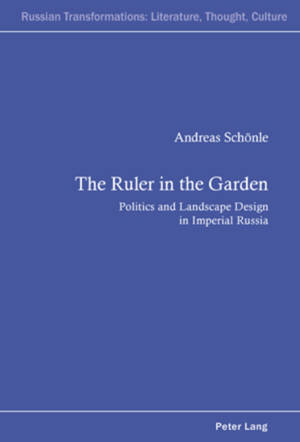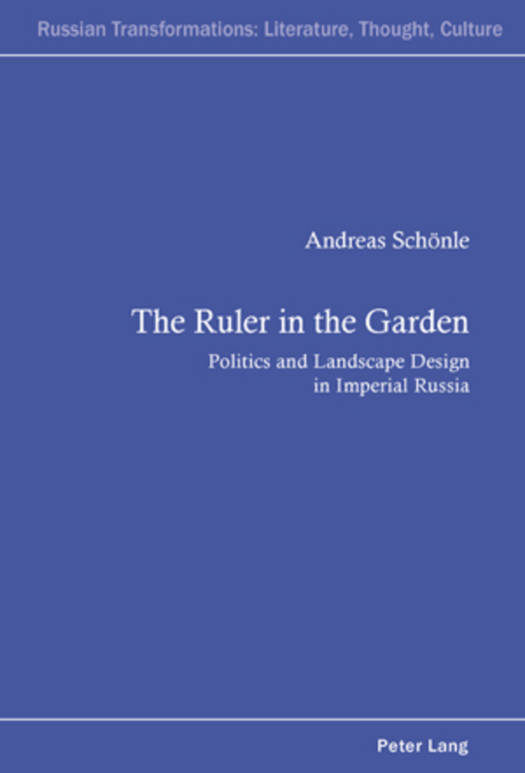
- Afhalen na 1 uur in een winkel met voorraad
- Gratis thuislevering in België vanaf € 30
- Ruim aanbod met 7 miljoen producten
- Afhalen na 1 uur in een winkel met voorraad
- Gratis thuislevering in België vanaf € 30
- Ruim aanbod met 7 miljoen producten
Zoeken
€ 187,45
+ 374 punten
Omschrijving
This monograph examines the contributions of landscape design to authority and to organization of public life in imperial Russia. Analyzing how tsars and nobles inscribed their political aspirations in the gardens they designed or inhabited, this study maps out a distinct trajectory in the meaning of landscape design. Based partly on archival documents, it explores the reasons for Catherine the Great's keen interest in landscape design. It reconstructs Grigorii Potemkin's attempts to transform the Crimea physically and symbolically into the garden of the empire. And it reveals the centrality of the garden for noblemen such as Andrei Bolotov and Alexander Kurakin, who expressed their political philosophy and their anxieties about unstable social relations through landscaping. The book follows the destiny of western aesthetic categories, notably of the picturesque, as they are first adopted, then transformed, and ultimately rejected. It analyzes the historical role and mythological representations of the country estate, along with Leo Tolstoy's fraught commitment to Yasnaya Polyana and his critique of estate mythology in War and Peace. Finally, this study exposes how the current fashion for gardening in Russia, in particular among New Russians, alludes to imperial landscaping culture in order to justify a retreat from the public sphere.
Specificaties
Betrokkenen
- Auteur(s):
- Uitgeverij:
Inhoud
- Aantal bladzijden:
- 398
- Taal:
- Engels
- Reeks:
- Reeksnummer:
- nr. 1
Eigenschappen
- Productcode (EAN):
- 9783039111138
- Verschijningsdatum:
- 28/06/2007
- Uitvoering:
- Paperback
- Formaat:
- Trade paperback (VS)
- Afmetingen:
- 152 mm x 229 mm
- Gewicht:
- 530 g

Alleen bij Standaard Boekhandel
+ 374 punten op je klantenkaart van Standaard Boekhandel
Beoordelingen
We publiceren alleen reviews die voldoen aan de voorwaarden voor reviews. Bekijk onze voorwaarden voor reviews.







